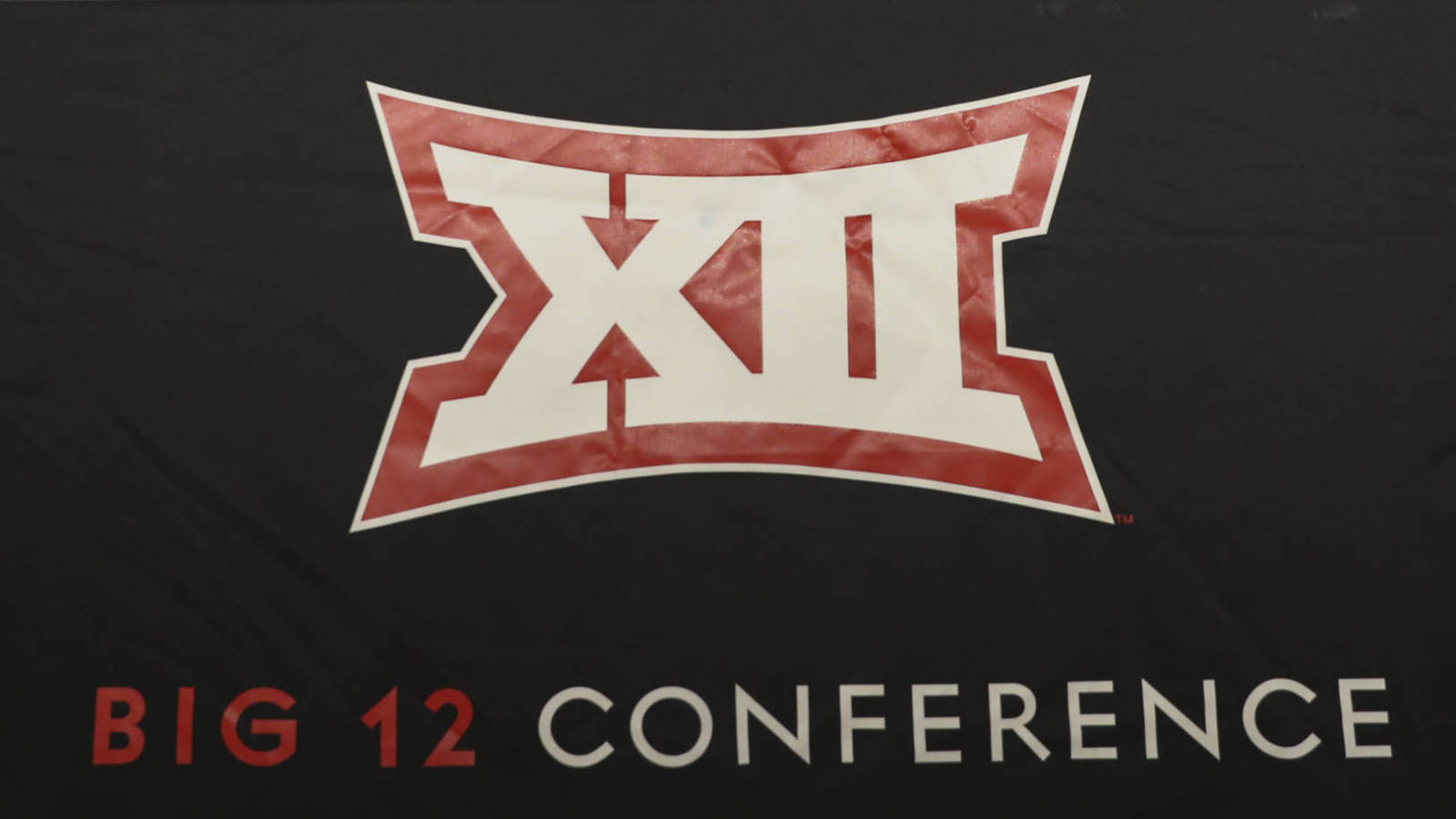
Networks may try to fight Big 12 expansion plan
It is no secret that the Big 12 is looking to expand its 10-member conference by two to four schools. The conference is fighting to stay relevant in the new college football playoff format and alive in the power conference money grab. The league believes that adding at least two teams and holding a conference championship game will put it on equal footing with the SEC, ACC, Big Ten and Pac-12 conferences.
The powers that be also feel adding schools will open up their television deals and bring more money into the conference. However, the networks aren't exactly ecstatic about that.
ESPN and Fox Sports don't think they should have to pay more money for a worse product. According to the Sports Business Journal, adding more teams doesn't mean more value:
ESPN and Fox Sports believe that expansion with schools from outside the power five conferences will water down the Big 12 and make it less valuable, not more, sources said. But the Big 12 is financially motivated to add more teams. A clause in the conference’s media deals stipulate that if the Big 12 expands, it would receive pro rata increases in its rights fees.
Right now, both networks have clauses in their deals with the Big 12 that expansion means they would have to pay more for the inventory. ESPN and Fox Sports could either just run out the deal with the increases and toss the Big 12 to the side when the deals expire (2025), try to pay a lesser amount than the league feels it should be paid, or they could pay nothing and deal with this in court.
The networks have a point. In previous rounds of expansion, conferences added members of the other power leagues. Schools like Texas A&M, Miami, Nebraska, Virginia Tech, Maryland, Colorado and Pittsburgh, among others, left other power leagues to join their new power conferences. The Big 12 is looking at adding schools from conferences like the American Athletic, Mountain West and Conference USA. Sports site Outkick the Coverage tries to help explain the absurdity of the possible payout for potential additions:
Because let's say the Big 12 adds four teams: Houston, Cincinnati, Memphis and BYU. Each of these teams is worth either $20 million more a year right now and up to $25 million more a year at the end of the contract. Let's round that up and say if all four of these schools come that eventually ends up costing Fox and ESPN an extra $100 million more a year.
What would these four schools, Houston, Cincinnati, Memphis, and BYU — sell their TV rights for on the open market right now if they were a standalone conference? Maybe $5 million total? At the absolute peak, they'd be worth $10 million a year, and that's honestly way too much given present market conditions. (Ask Conference USA if you doubt me.) So this means the Big 12 is forcing Fox and ESPN to pay $90 million more a year than than these four schools would sell for on the open market. (That's why I said the Big 12 wasn't just exploiting the TV sports rights fee bubble, they were lighting it on fire.)
Over the life of the Big 12's television deal that's up to $800 million in total additional payments that Fox and ESPN would owe the Big 12. And, remarkably, that's $700 million over the market rate those four schools would command, all based on an expansion clause in the Big 12's contract.
You can understand why ESPN and Fox Sports are a bit miffed about what the Big 12 is trying to do. If these schools were really worth the extra money, wouldn't they have been scooped up by someone by now?
Potentially, this may be a live-or-die deal by the league. The Big 12 is a conference filled with schools with very different agendas, and no television network is in the works are present. Expansion without a Big 12 network could mean the conference is a big argument away from crumbling. Texas and Oklahoma would be welcomed with open arms in any of the other power leagues, and if it seems that ESPN and Fox Sports will abandon the league when this deal expires, those schools could make their own moves. If those rumors get started, schools like TCU, Oklahoma State and West Virginia could look to jump a sinking ship.
What seems like the best deal for all involved would be the networks and the Big 12 opening, then scrapping the current deal and signing a longer-term deal with less of a payout for the extra schools. That way, the networks don't feel gouged by an inferior product and the league gets a bit more financial security, though not the kind of influx of cash the members wanted.
Either way, the future on the Big 12 is as rocky as ever, and if the major college football broadcasters are weary of expansion, the conference has legitimate reason for concern.
More must-reads:
- WATCH: What teams should join the Big 12?
- Report: John Kasich wrote letter supporting Cincinnati to Big 12
- The 'Most points in a game by NBA team in 2024-25' quiz
Breaking News
Trending News
Customize Your Newsletter
 +
+
Get the latest news and rumors, customized to your favorite sports and teams. Emailed daily. Always free!








